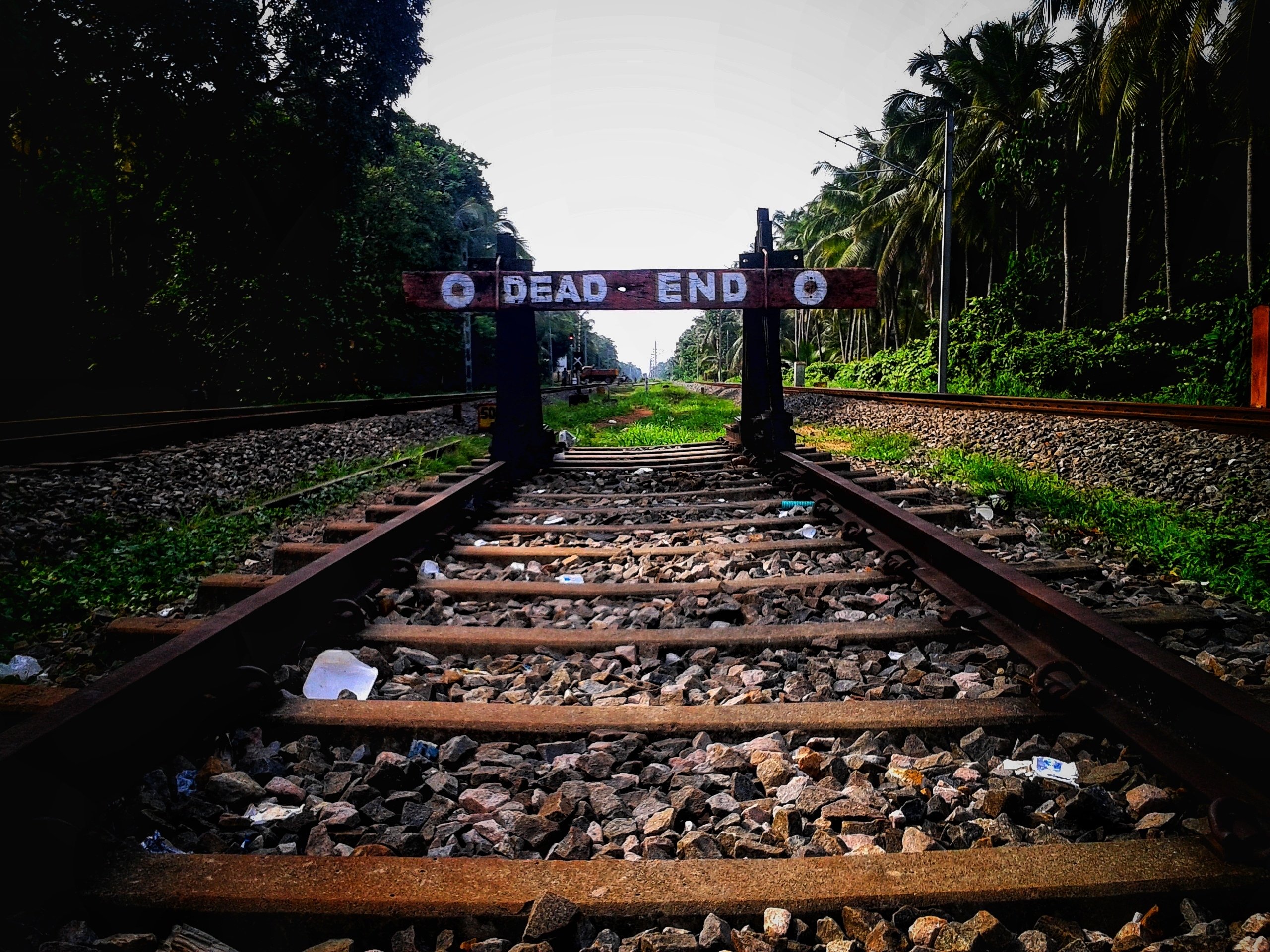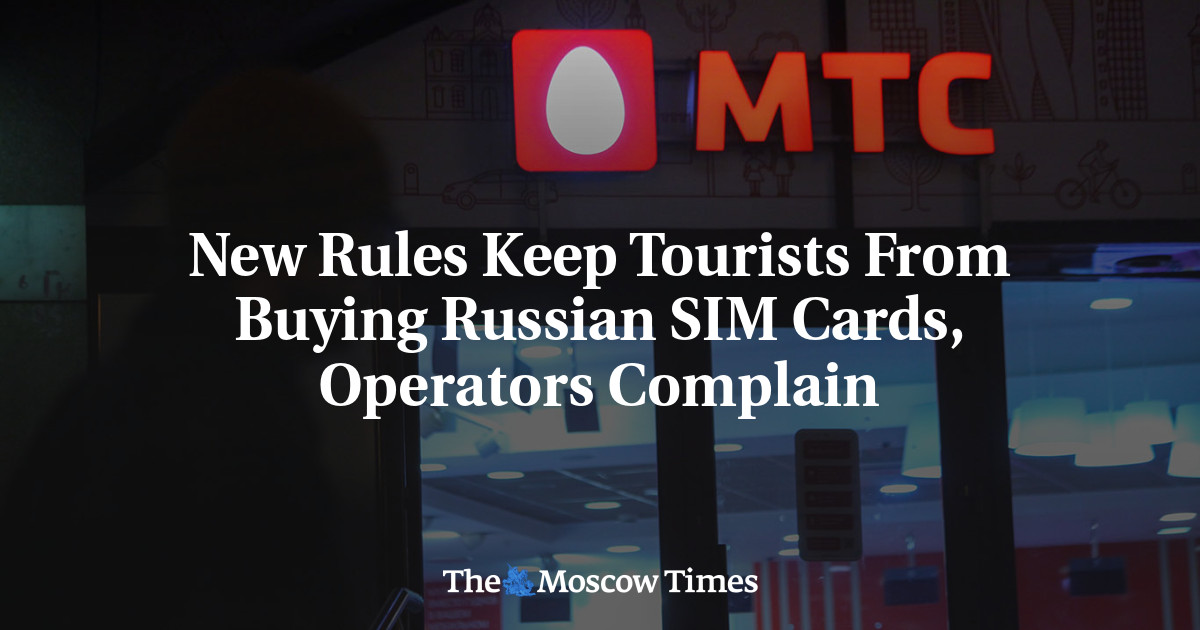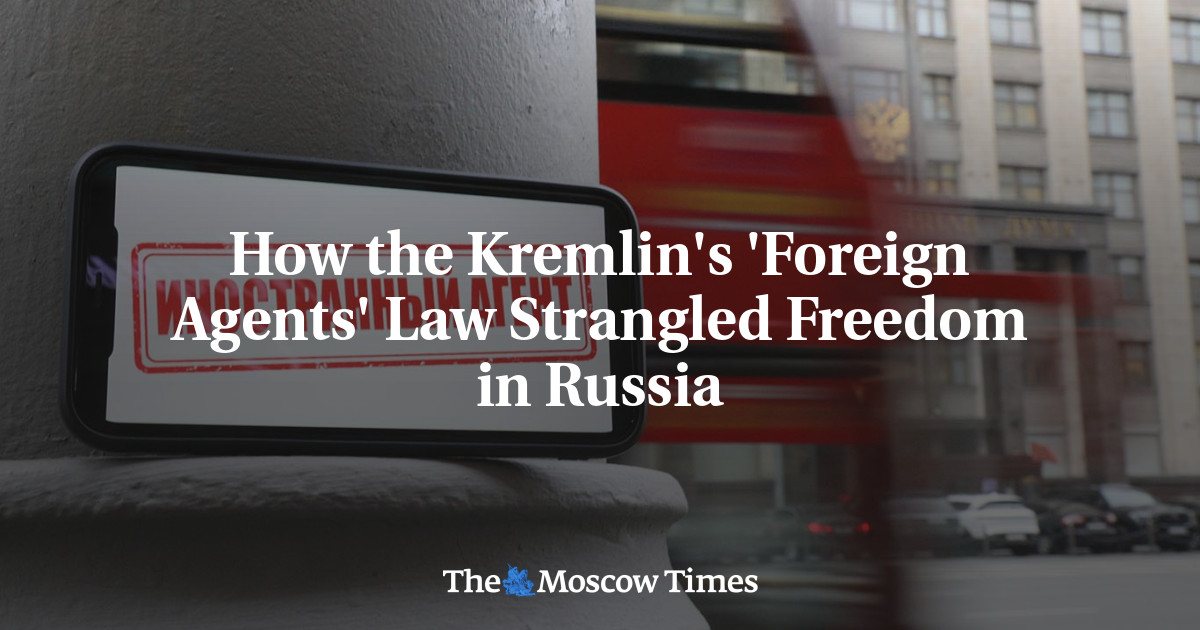petrescatraian
Ce să vă zic, mă, bine ați venit? bine ați venit, rău ați nimerit. La locu’ ăsta îi zice șerpărie, de la șerpii care umblă pe-aicea. Dracu’ știe cum au ajuns…
- 76 Posts
- 389 Comments

 5·6 days ago
5·6 days agoOr with Lemmy. I view it perfectly fine in Friendica
I went with Kvaesitso as well, but if you, @Grail, cannot get used to it do give Lawnchair a try. It currently seems like the most developed AOSP based FOSS launcher.

 20·21 days ago
20·21 days agoA while ago, I was arguing with someone (if I’m not mistaken) about how AI is incompatible with politics, law and democracy due to the nature of the whole process involved in writing laws. Now I notice that this is exactly the point. AI’s purpose has never been democracy. Democracy, as Peter Thiel and his followers argued, is an obstacle in the front of tech’s development, in the front of profit, of capital. As such, the logic solution is to get rid of it - and that’s exactly what Trump is doing.

 2·25 days ago
2·25 days agoI didn’t ask you how they shouldn’t get it. I asked you how they should. Like, only one way. Because even on Android, the average user is not gonna use F-Droid and using an apk file is simply not practical for many. Sure, you get users, but if your goal is to make it easier for the majority of the people, they sure as hell will not download F-Droid just for one specific app. Besides that, it is also a market opportunity. I’m sure the devs of these apps also make some good money on these.
As for Apple… sure, there is AltStore, but how many people are using it yet?

 6·25 days ago
6·25 days agoYou had me at first half lmao

 31·25 days ago
31·25 days agoHow else do you want it to reach mass audience? Especially on Apple.

 12·26 days ago
12·26 days agoThere are a bunch of governmental servers for the countries as well - both France, Germany and the Netherlands have one afaik. But they’re in a similar situation - leaders and politicians prefer their accounts hosted on something else.

 3·27 days ago
3·27 days ago@K0Z you can use tags for apps and pin those tags at the top

 1·1 month ago
1·1 month agoHmmm, for buying automatically, you might be looking into Bandcamp Clubs. You pick one of such “clubs” and you get one album into your library each month that you can keep forever.
For downloading, there’s Batchcamp.
I personally don’t mind visiting the website whenever I have some spare time each month to get something. I also have a task that reminds me of Bandcamp Friday (spoiler: it’s the 1st Friday of almost each month). In the months when there’s no Bandcamp Friday, I just mark the task as complete and move on.

 30·1 month ago
30·1 month agoIt took them quite a while. But if there’s also anyone else that’s still decided to build an actual music library, independent of streaming platforms, instead, here are a bunch of popular bands/artists that have some or all of their music on Bandcamp, among those that I listen to:
- Radiohead
- The Prodigy
- Molchat Doma
- Korn
- Bush
- Nirvana
- Foo Fighters
- Evanescence
- Gojira (music released under their label page)
- Arch Enemy
- Paradise Lost
- Killswitch Engage
- Rise Against
- Porcupine Tree
- P.O.D.
- Knocked Loose
- Mastodon (music released under their label page)
- Opeth - check the pages of Candlelight Records and Peaceville
- Alcest
- Insomnium - check the pages of Century Media Records and Candlelight Records
- Lacuna Coil (music released under their label page)
- Dream Theater (music released under their label page)
- Geese
- Cindy Lee
There are plenty of other indie bands that I recommend choosing from, but most people that stay on the streaming platforms stay for the big names - that’s why I wanted to create a list with names that are sure to be instantly recognizable for anyone who’s been listening to music in general, to a certain genre of music or who is looking for something more popular from the latest years. As a disclaimer, this is also why you might find some controversial names - I didn’t take my time to check all of these artists’ controversies; if there are any, let me know.
Remember, you can also support them by buying their albums on physical media (CDs, vinyls, cassettes etc.) or by going to their live shows whenever you have the chance.
Even if you decide to pay them something like $4 you have secured them more revenue than they gained by listening any of their songs for 1000 times, but if you buy their music on Bandcamp Friday, artists get a bigger share of the price you pay.

 1·1 month ago
1·1 month ago@Quexotic anything involving self-hosting is a hassle though, and the advertising is not there, unlike anything that comes from big tech. But the results are highly rewarding.

 5·2 months ago
5·2 months agoNot if you become accustomed to it and revolve your daily habits around it. But yeah, once she will get home assistant it will clearly be a liberating experience.

 4·2 months ago
4·2 months agoNothing yet, and still undecided. Dealing with the hangover now, lol.

 11·2 months ago
11·2 months agoDisappointed. I was hoping to actually see Gabe’s face.

 7·2 months ago
7·2 months agoNot Bulgarian, unfortunately, as I was not talking about Bulgaria, but Romania. Be hopeful as well though 😁

 6·2 months ago
6·2 months ago@remington yayyy, waiting for our chiefs of the judiciary to follow suite.
Yeah, I know. But it’s still a different platform, lol.
I booked it too btw. Initially I thought 95.something€ was the full price. Now I’m unsure if I will continue since my phone is only 2 years old (although I dislike where Google is heading Android and Sailfish looks sick af)








damn…